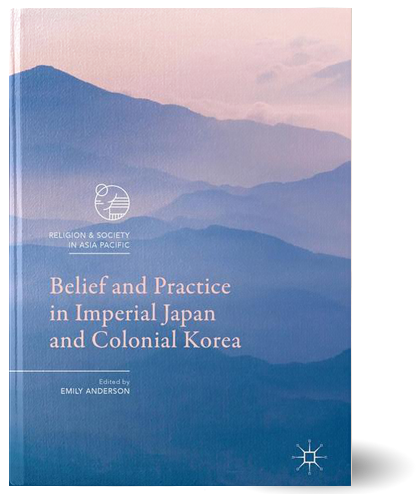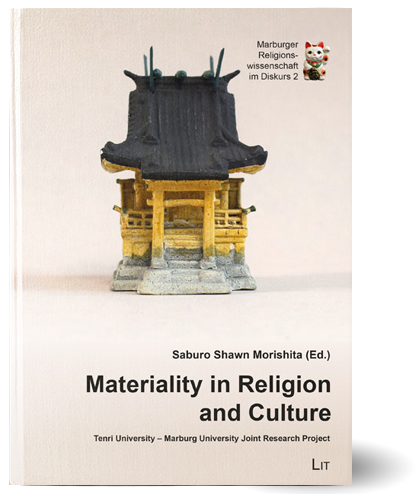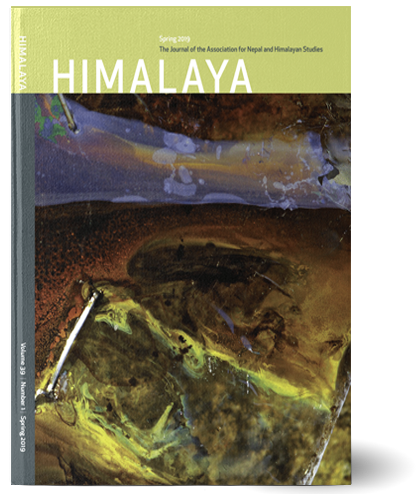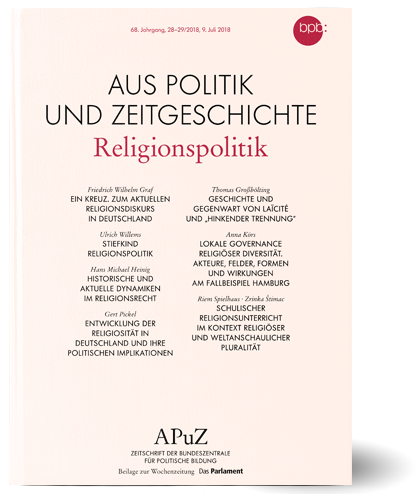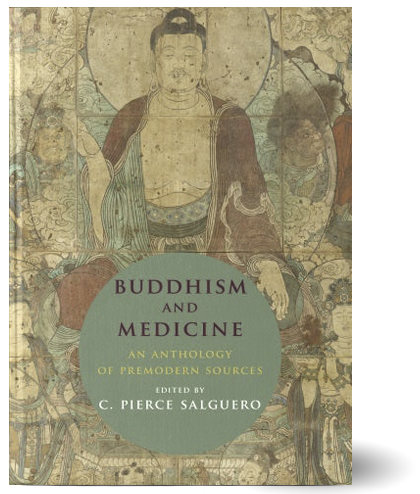
A translation and synopsis of eighteen Indian massage techniques in Sun Simiao's seventh-century medical comepndium, the Essential Recipes worth a Thousand Gold Qianjin yaofang 千金要方.
In medieval China, massage, or anmo (literally, “pressing and rubbing”), was cata-logued among a kind of stretching exercises called daoyin (literally, “guiding and pull-ing”), which is sometimes referred to in modern times as Chinese yoga. Guiding and pulling was a broad term, referring to a host of stretching exercises which were some-times quite vigorous and dynamic in tempo, or sometimes simple meditative breathing practices to circulate qi around the body. Chinese sources from this period predomi-nantly do not refer to massaging other people, but to self- massage and stretching exer-cises contiguous with breathing and visualization practices.
Stanley-Baker, Michael. “"Indian Massage" From Sun Simiao's Prescriptions Worth a Thousand in Gold.” In Buddhism and Medicine: An Anthology of Premodern Sources. Edited by C. P. Salguero, 533–37. New York: Columbia University Press, 2017.


